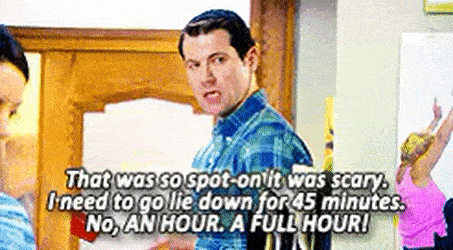jis
Permanent Way Inspector
Staff member
Administator
Moderator
AU Supporting Member
Gathering Team Member
Broadly I think of these problems in three categories, with different approaches for each.
On specific urgent issues like" if this funding is not restored this train disappears" work with local officials and local advocacy groups to create and foster train specific user groups. These have worked well for the Texas Eagle and Empire Builder, and is currently working well for the Southwest Chief. Also a movement for addressing station issues through Station Volunteer Groups is worth pursuing pending the fixing of the underlying accounting issues that is causing Amtrak to make stupid decisions.
For fixing governance and accounting issues work with your representatives and other advocates to change the language in the next authorization . That is the clearest way to fix the relevant laws, and to remove requirements like Diners must make money etc.
As for fixing the problems built into its DNA from the getgo that reflect the national ambivalence/hostility towards passenger trains ... anyone’s guess is as good as mine. How do you change national institutional attitudes? Maybe it is already changing in the right direction. I intentionally use the phrase "institutional attitude" because poll after poll shows that the general public attitude is more pro-passenger rail than is reflected by the institutions that statutorily control decision making on transportation policy.
On specific urgent issues like" if this funding is not restored this train disappears" work with local officials and local advocacy groups to create and foster train specific user groups. These have worked well for the Texas Eagle and Empire Builder, and is currently working well for the Southwest Chief. Also a movement for addressing station issues through Station Volunteer Groups is worth pursuing pending the fixing of the underlying accounting issues that is causing Amtrak to make stupid decisions.
For fixing governance and accounting issues work with your representatives and other advocates to change the language in the next authorization . That is the clearest way to fix the relevant laws, and to remove requirements like Diners must make money etc.
As for fixing the problems built into its DNA from the getgo that reflect the national ambivalence/hostility towards passenger trains ... anyone’s guess is as good as mine. How do you change national institutional attitudes? Maybe it is already changing in the right direction. I intentionally use the phrase "institutional attitude" because poll after poll shows that the general public attitude is more pro-passenger rail than is reflected by the institutions that statutorily control decision making on transportation policy.
Last edited by a moderator:















































